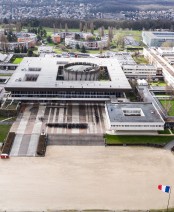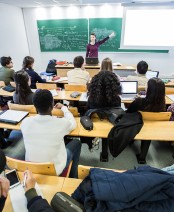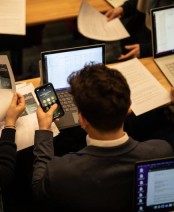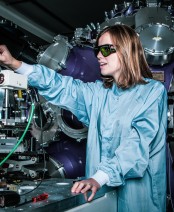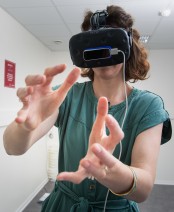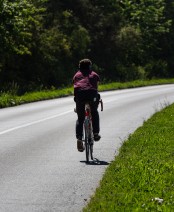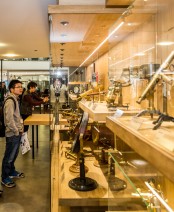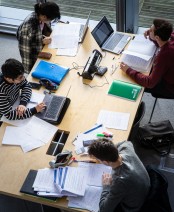COVID-19: Researchers and Laboratories are taking initiatives in numbers
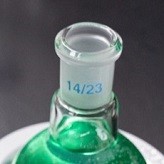

Laboratories from École Polytechnique have undertaken numerous research projects in order to contribute to the current fight against the COVID-19 pandemic.
The Center for Applied Mathematics (CMAP) has been carrying out analysis and modeling work, as well as evaluating scenarios for controlling the epidemic. Its research teams have also been working with University Hospital Centers on the optimization of the pool of intensive care beds.
The Optics and Biosciences Laboratory (LOB) is studying the use of rare-earth-doped
nanoparticles for ultra-sensitive detection of COVID-19.
Researchers from the Laboratory of Physics of Interfaces and Thin Films (LPICM) are
working on the design of a COVID-19 test using gold nanoparticles.
The Interdisciplinary Institute of Innovation (i3-CRG) is also taking part in the design of the StopCovid application being developed by the government.
The Hydrodynamics Lab (LadHyX) has submitted its “Atchoum” project on the CARE-COVID platform to visualize sneezes and droplets using a rapid thermal-imaging camera.
As part of their Collective Scientific Project (PSC) and with the Management Research Center (CRG), students were able to work on the creation of a chatbot to answer questions from patients suffering from cancer and who are COVID-19 positive.
In order to inform decision-makers in the design of public policies, teams from
the Center for Research in Economics and Statistics (CREST) have been working
to define the best generalized screening strategy for the population.
Olivier Gossner and Christian Gollier, two economists working respectively at
École Polytechnique and the Toulouse School of Economics are vying for
group testing to address the COVID-19 tests shortage and help spee up
the recovery process.
A number of other impressive projects are also underway.
Additionally, the School has also donated 1,500 FFP2 masks to the Percy Army Teaching Hospital.
Laboratories have answered promptly to the donation request for equipment coordinated by French research entities such as the CNRS, Inserm, CEA, Inrae, and Inria. They have risen to the occasion to produce hydroalcoholic solutions for hospitals and model the pandemic to better anticipate its development and help to fight it.
